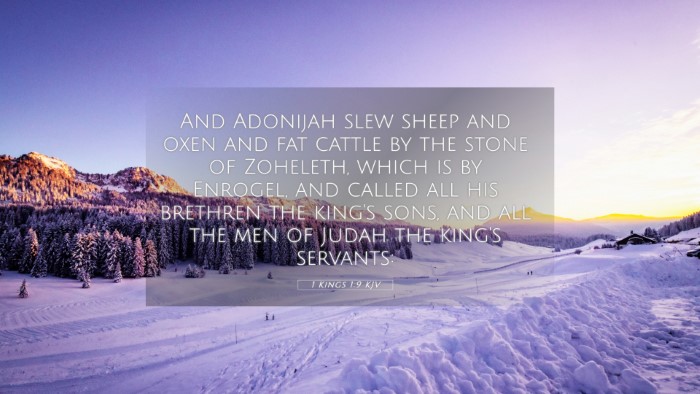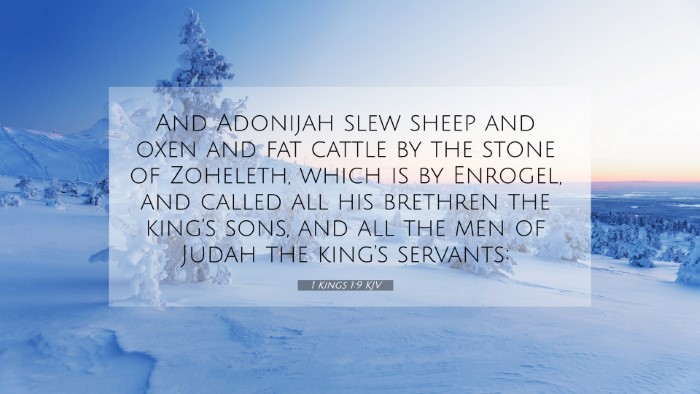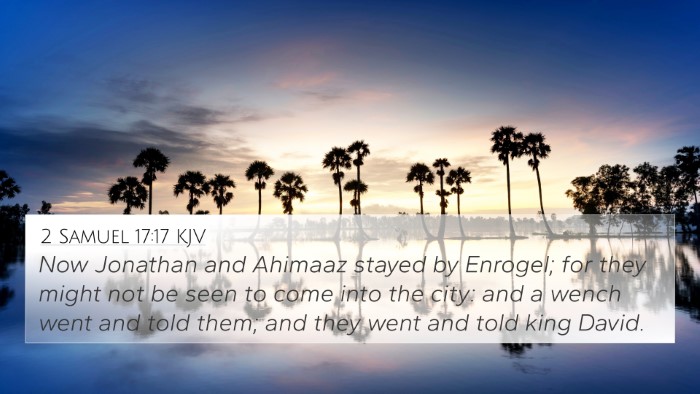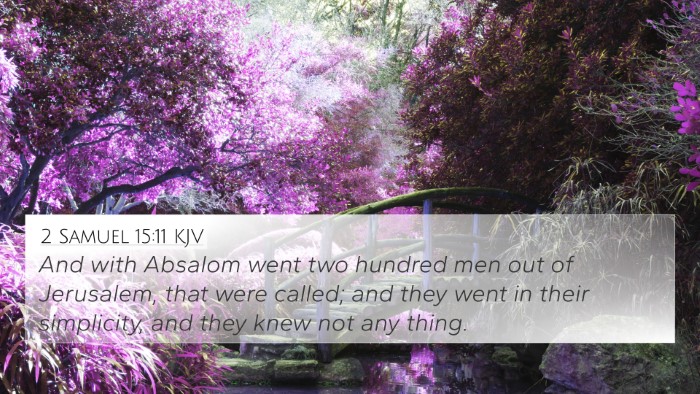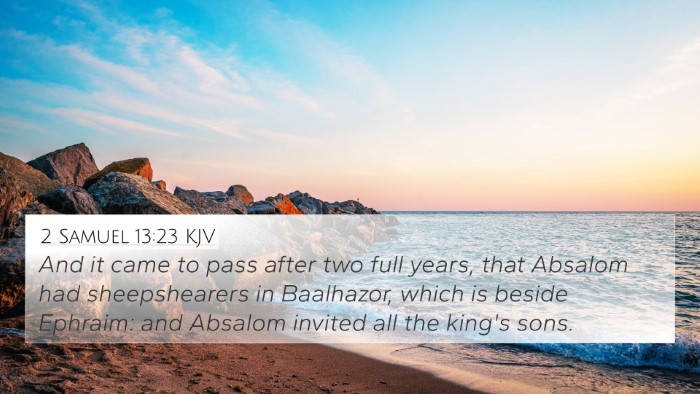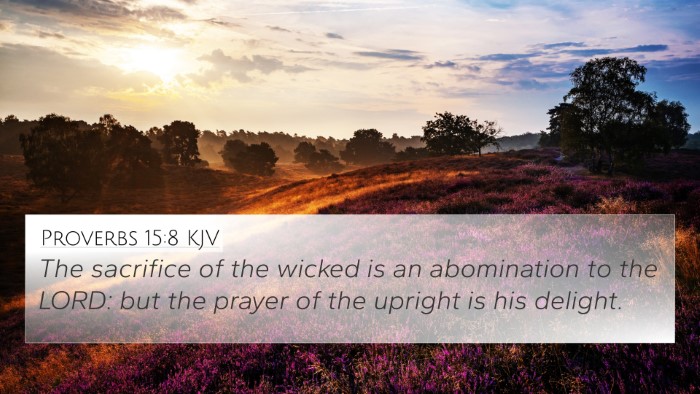Old Testament
Genesis Exodus Leviticus Numbers Deuteronomy Joshua Judges Ruth 1 Samuel 2 Samuel 1 Kings 2 Kings 1 Chronicles 2 Chronicles Ezra Nehemiah Esther Job Psalms Proverbs Ecclesiastes Song of Solomon Isaiah Jeremiah Lamentations Ezekiel Daniel Hosea Joel Amos Obadiah Jonah Micah Nahum Habakkuk Zephaniah Haggai Zechariah MalachiVerse
1 Kings 1:1 1 Kings 1:2 1 Kings 1:3 1 Kings 1:4 1 Kings 1:5 1 Kings 1:6 1 Kings 1:7 1 Kings 1:8 1 Kings 1:9 1 Kings 1:10 1 Kings 1:11 1 Kings 1:12 1 Kings 1:13 1 Kings 1:14 1 Kings 1:15 1 Kings 1:16 1 Kings 1:17 1 Kings 1:18 1 Kings 1:19 1 Kings 1:20 1 Kings 1:21 1 Kings 1:22 1 Kings 1:23 1 Kings 1:24 1 Kings 1:25 1 Kings 1:26 1 Kings 1:27 1 Kings 1:28 1 Kings 1:29 1 Kings 1:30 1 Kings 1:31 1 Kings 1:32 1 Kings 1:33 1 Kings 1:34 1 Kings 1:35 1 Kings 1:36 1 Kings 1:37 1 Kings 1:38 1 Kings 1:39 1 Kings 1:40 1 Kings 1:41 1 Kings 1:42 1 Kings 1:43 1 Kings 1:44 1 Kings 1:45 1 Kings 1:46 1 Kings 1:47 1 Kings 1:48 1 Kings 1:49 1 Kings 1:50 1 Kings 1:51 1 Kings 1:52 1 Kings 1:53
